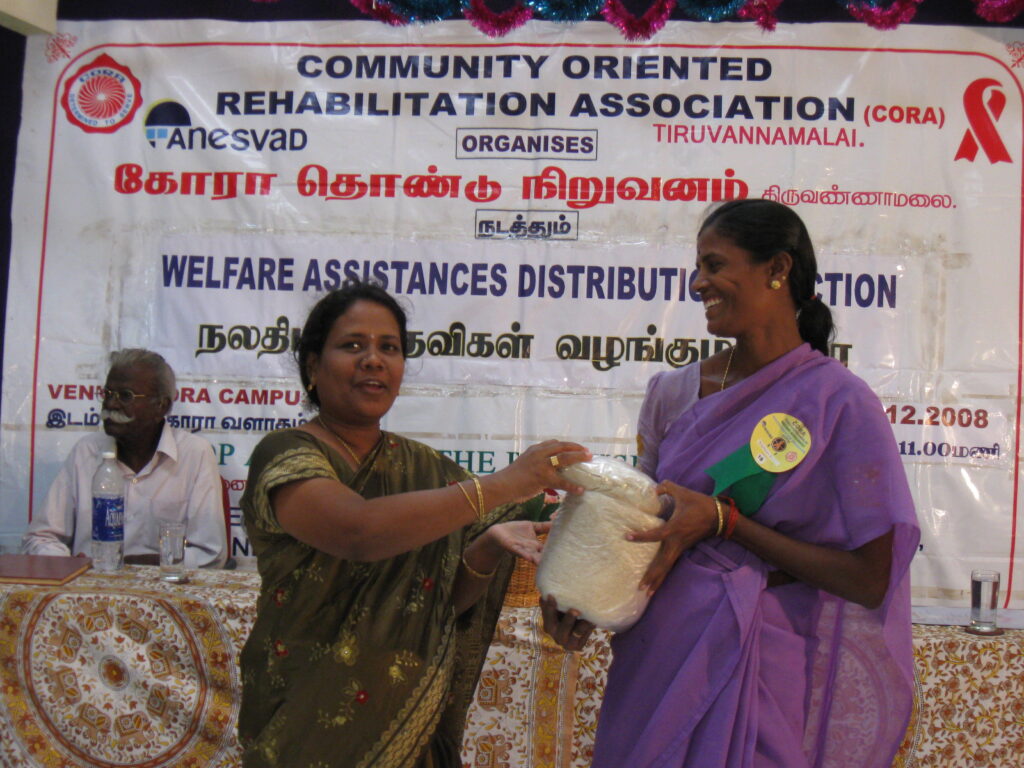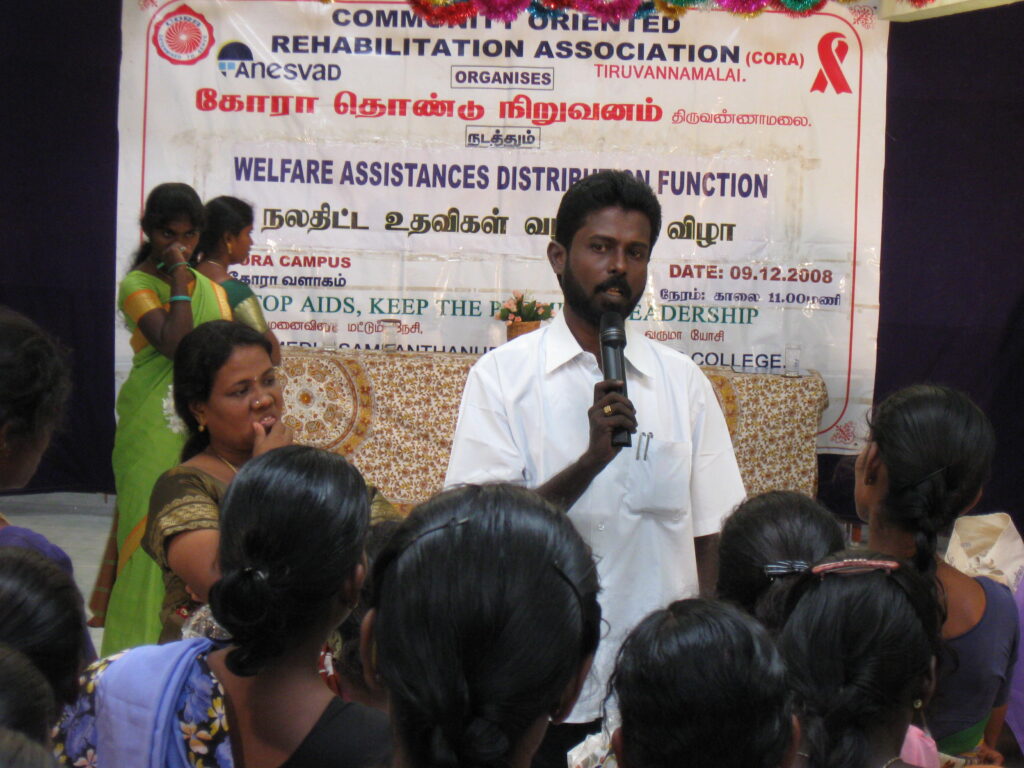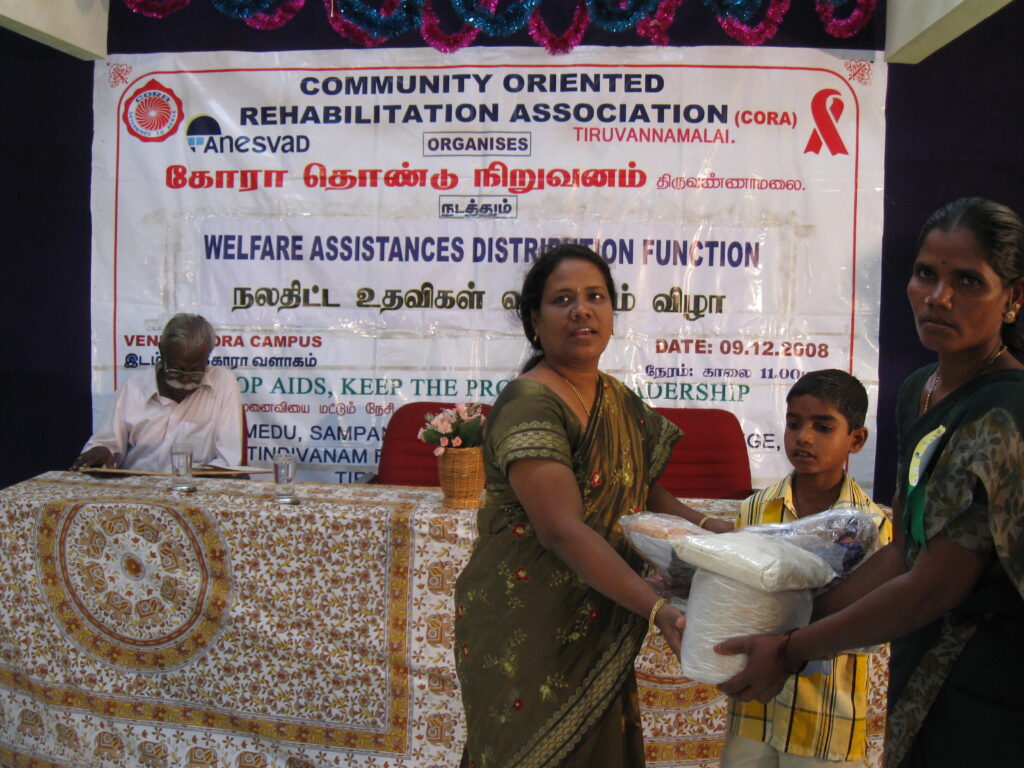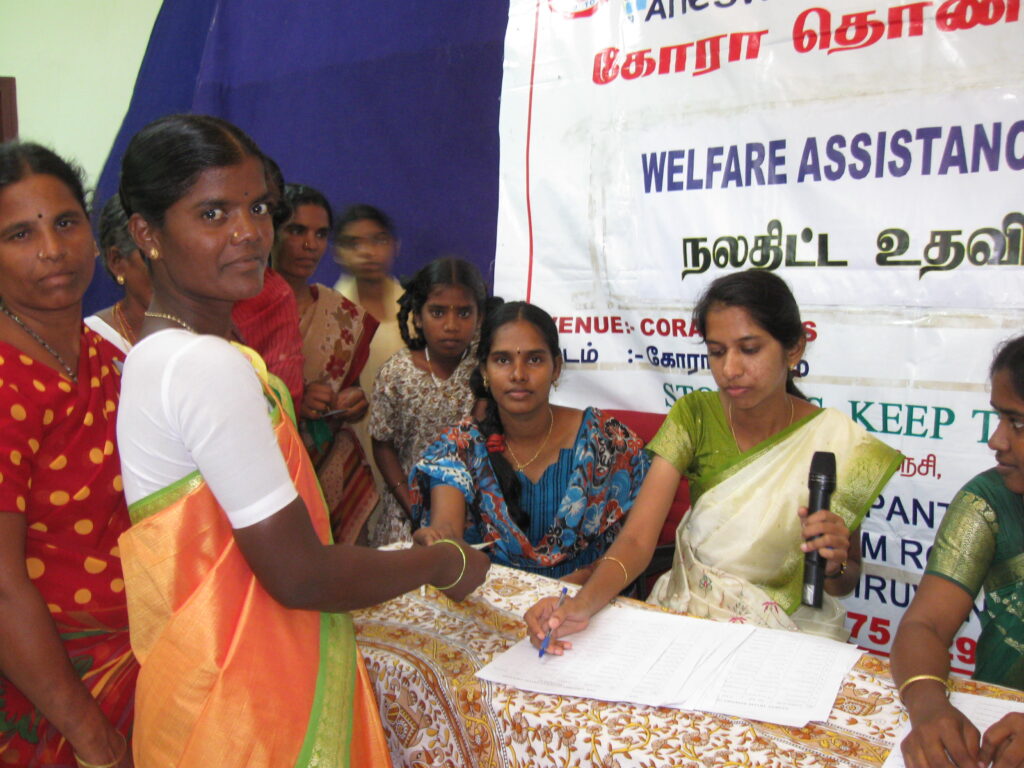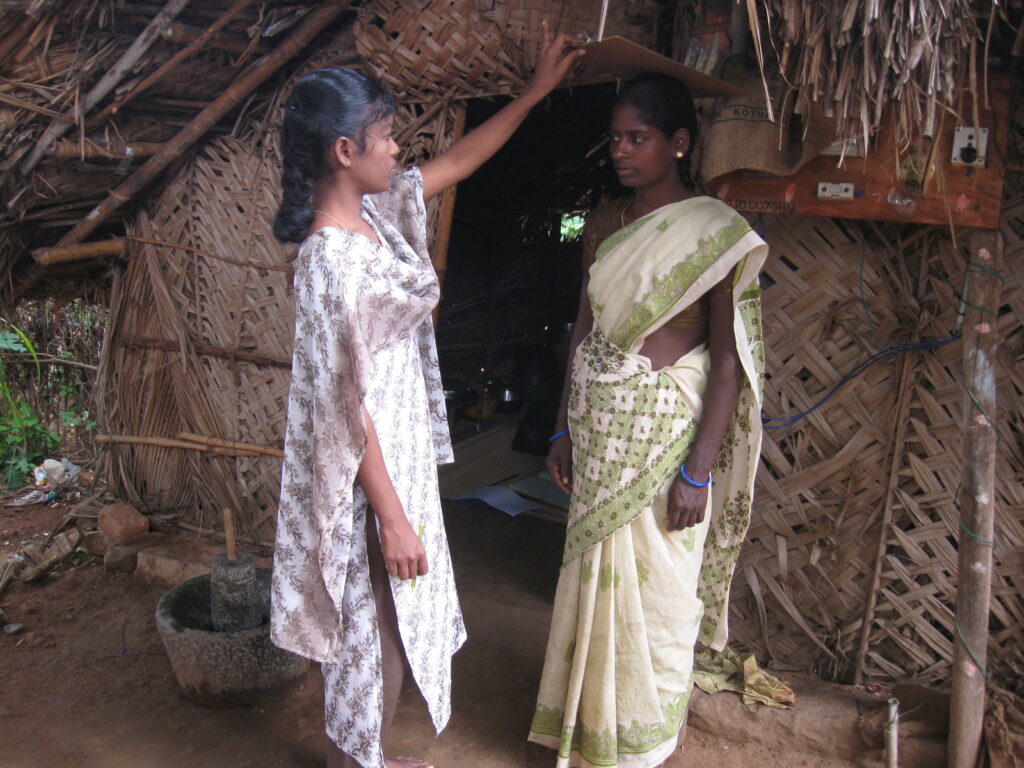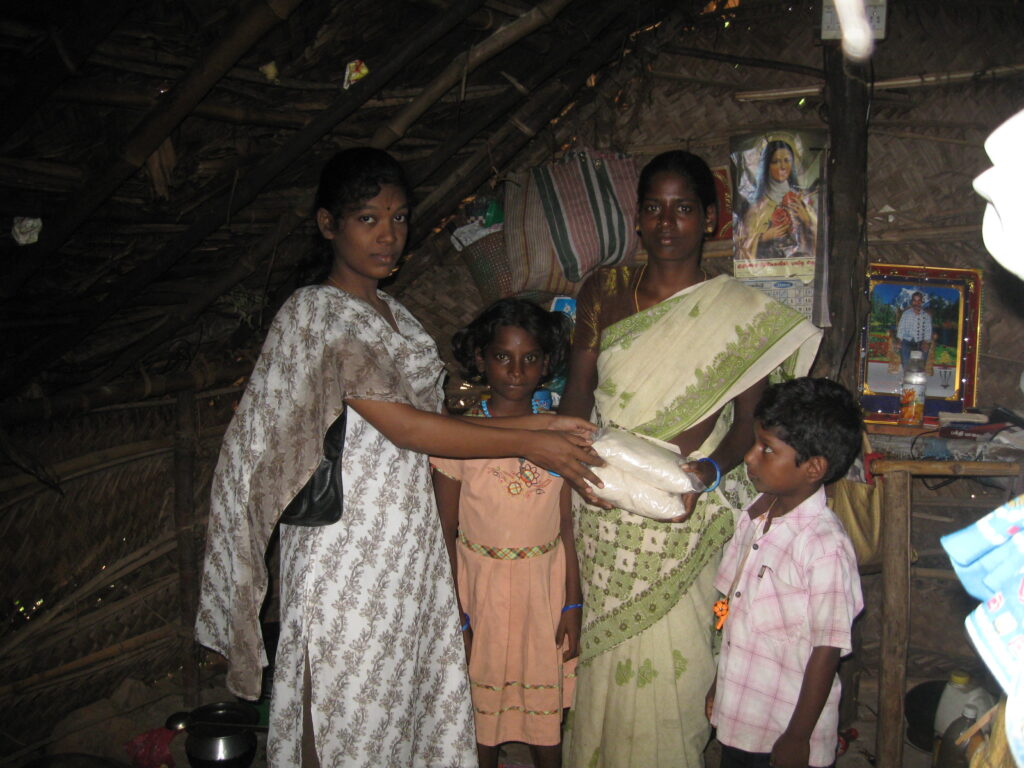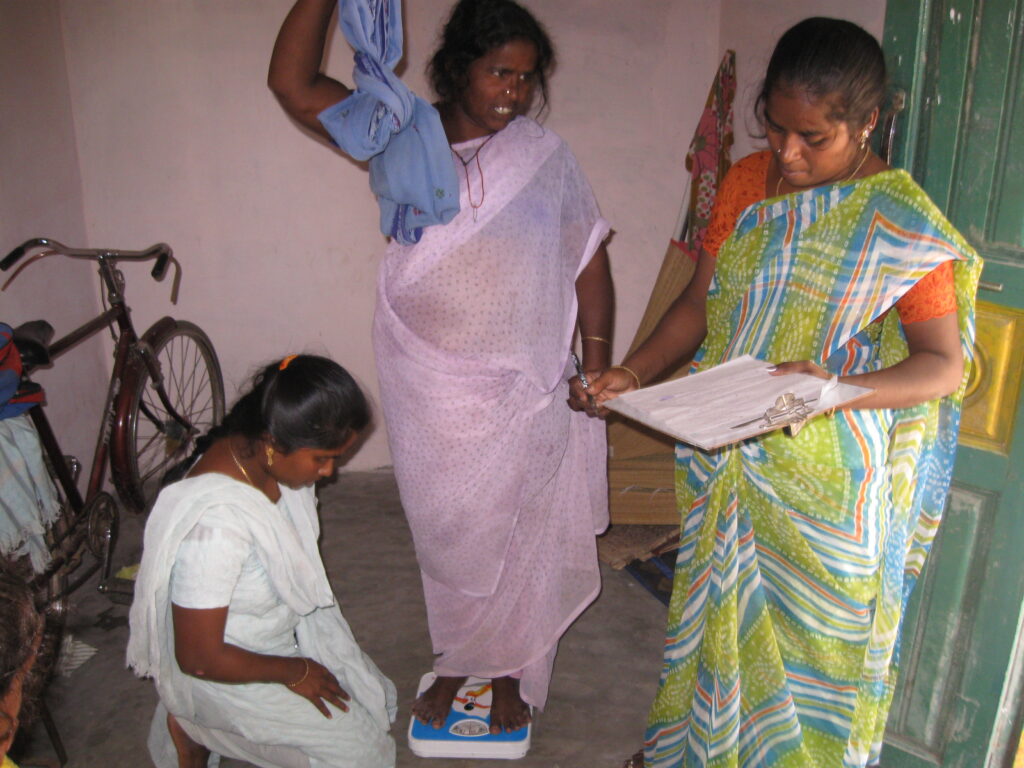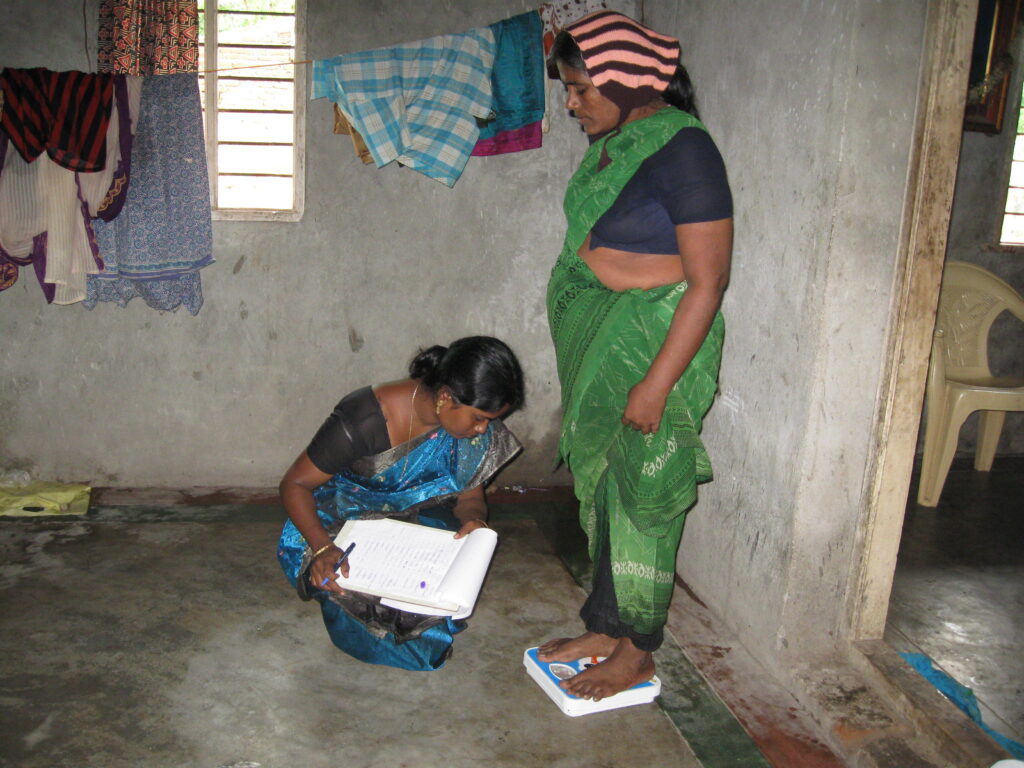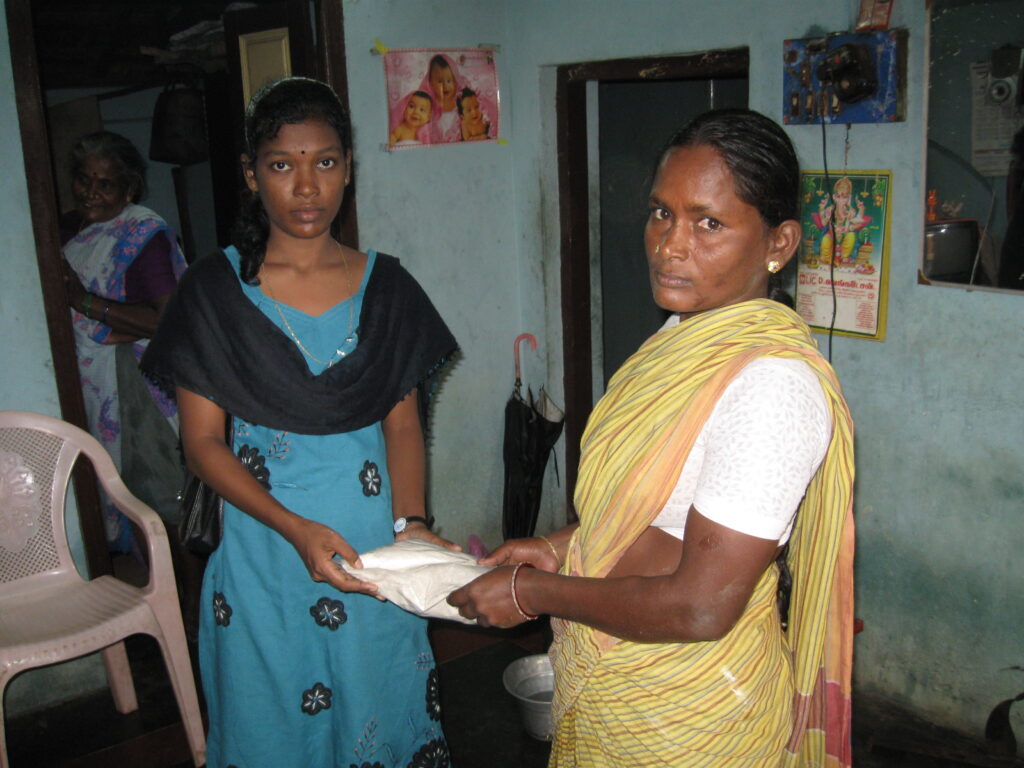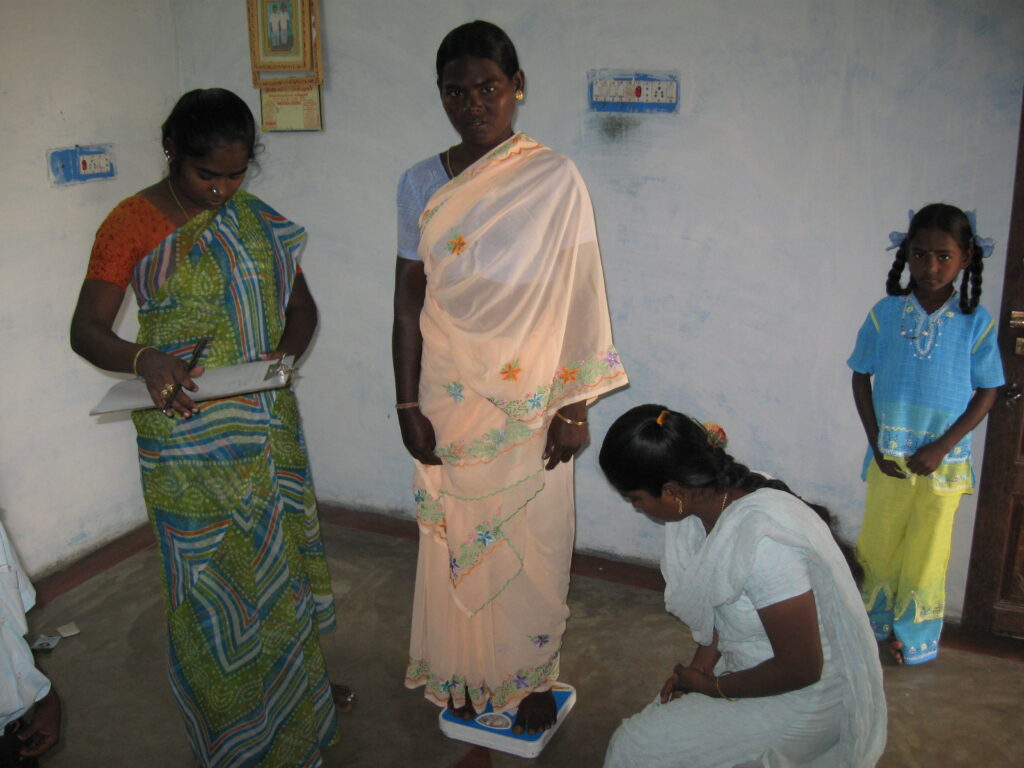With an estimated number of 40 million, India is the home to the largest number of widows in the world. Widows are often subjected to deep societal, cultural, psychological and economic deprivation in the name of traditions. Deep seated patriarchal roots and unquestioned customs place widows at a defenseless position. They are often disdained, stigmatized, abused and marginalized from the mainstream. A diagnosis of HIV further exacerbates the challenges of widowhood as now these HIV positive widows battle dual marginalization: being a widow and suffering from HIV. Diagnosis of HIV coupled with cultural factors which look down upon widows adds on to already existing inferior status of widows. Paucity of literature related to HIV positive widows led to the conception of the present study. The present paper attempts to study the impact of HIV positive status upon the social and economic lives of HIV positive widows.
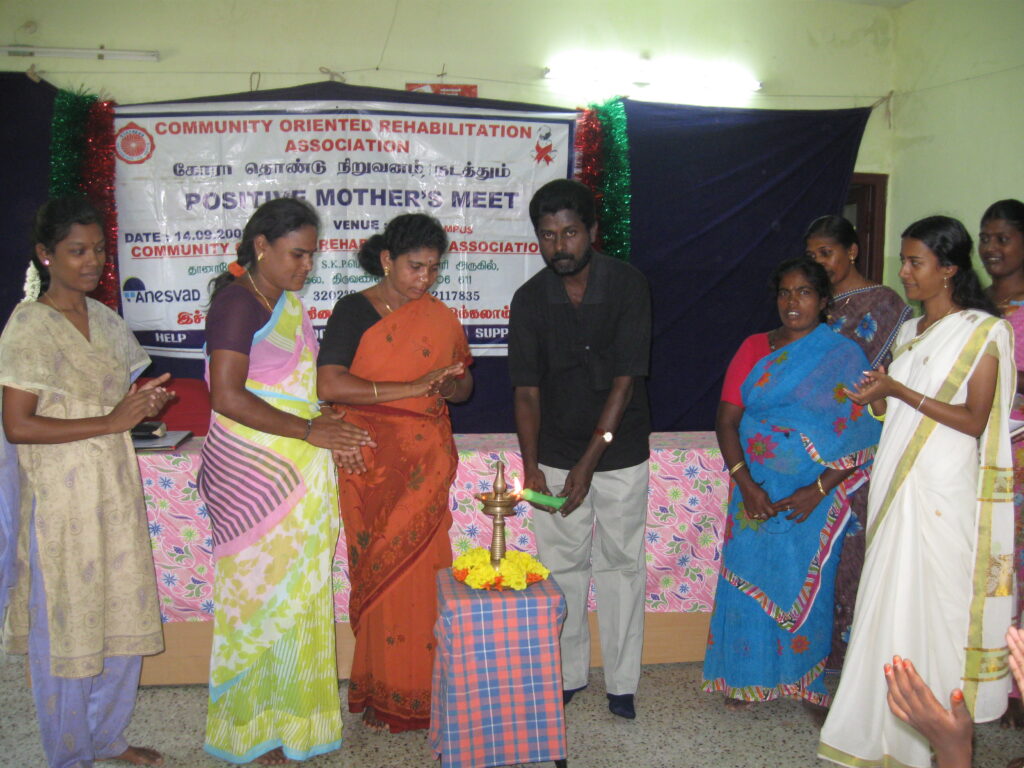
The results drew attention towards the age-old thought process of blaming the woman for the death of her husband as widely prevalent. The widows were subjected to intense forms of physical violence, rejection and abandonment. HIV was seen with “sexual connotations” which resulted in stigma and discrimination. However, economic instability emerged as a towering challenge among the respondents amidst already prevailing conditions of abject poverty. An interesting finding concerning the loss of self-identity among the respondents emerged. It was found that the respondents had no understanding of their own identity and meaning of life. This finding is of much significance as it indicates deeply engrained patriarchal roots in society where the self of a woman is not allowed to evolve and thus, get remained to the children, husbands and others around her.
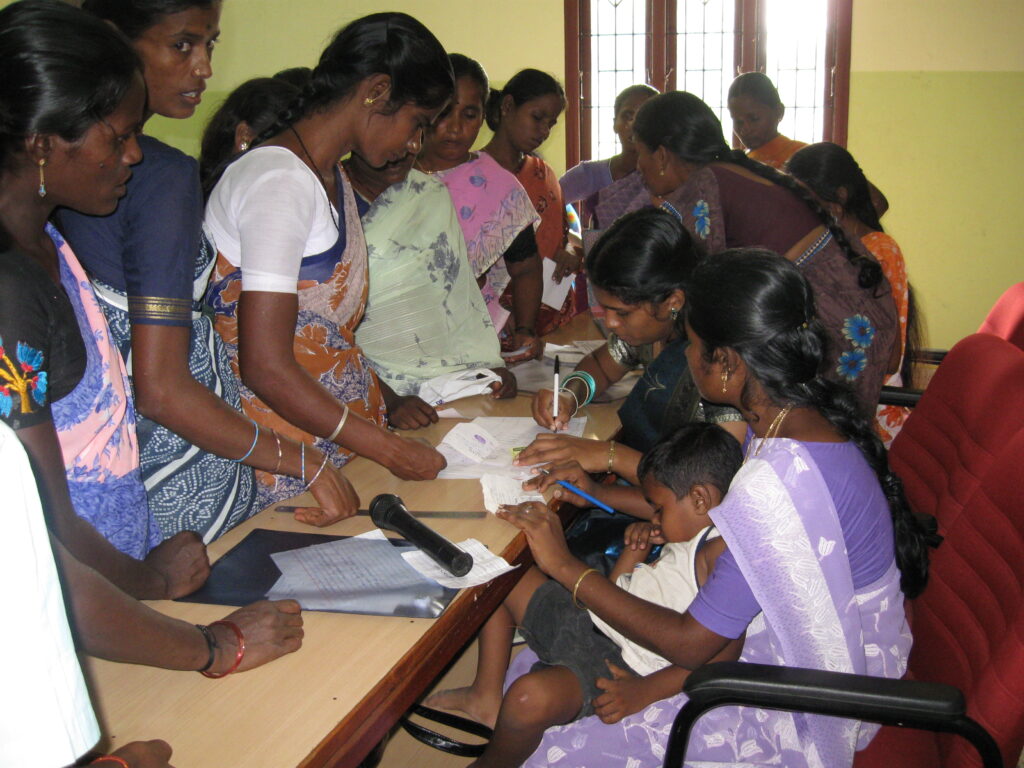
The presence of other sexually transmitted infections (STIs) and inflammation of the genital mucosa increase vulnerability to HIV infection in women through heterosexual vaginal intercourse. Herpes simplex virus 2 (HSV-2), a common infection, is a co-factor that makes the female genital tract more susceptible to HIV infection. Women are frequently forced to tolerate abuse, violence and infidelity from their husbands. When they engage in sex, their lack of knowledge about their own sexual health, ignorance about their regular partners’ and the continued culture of silence make them unable to negotiate safer sex practices. The specific aim of this study was to determine the level of risk of HIV infection in India, both among all women and among married women currently living with their husbands.
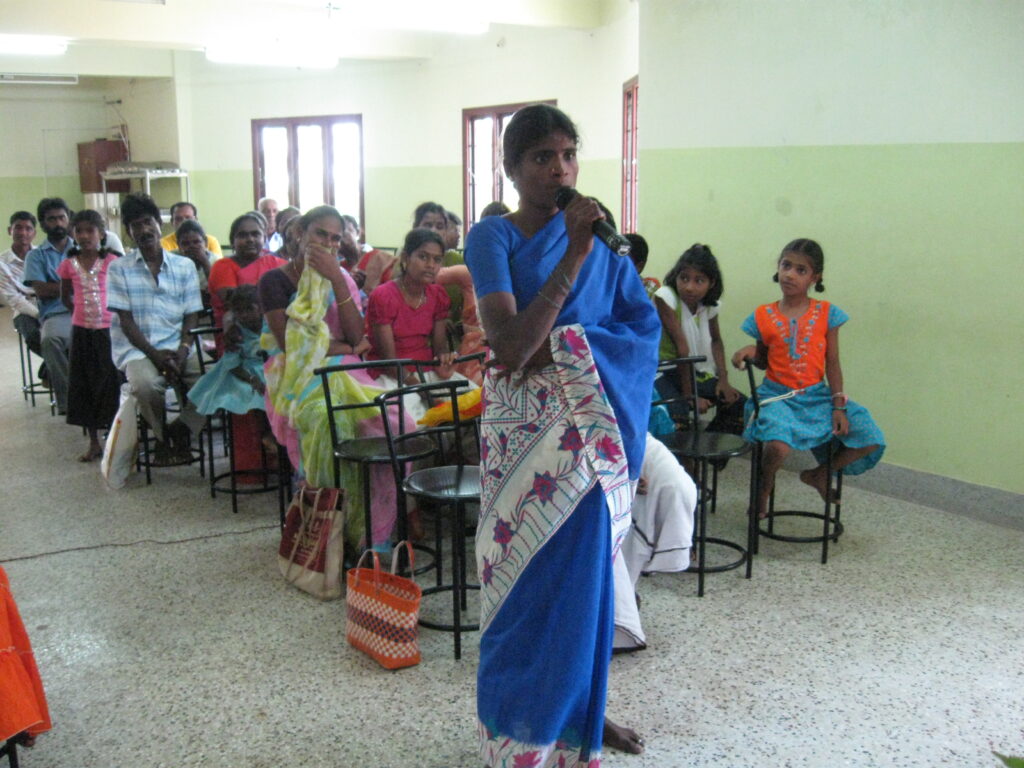
HIV can have biological as well as behavioural effects on reproduction among HIV infected couples. The biological effect would be the effect of the virus and the disease progression on fecundity . That is, the physical ability of the woman to become pregnant and her ability to continue pregnancy to term. The behavioural effect is exerted through the alteration in reproductive decision making of infected couples after they become aware about their HIV status. Many studies have assessed the biological and behavioural effects together . Most of these studies showed a decline in pregnancy rates among HIV infected women. However, it remains unclear if this decline is due to the biological effect or behavioural factors . While it is being acknowledged that the factors predictive of pregnancy among women not aware of their HIV status may differ from those who are aware about their status there is lack of research on the differential effect of HIV on fertility behaviour taking the knowledge of HIV status of the woman and/or her partner into account.
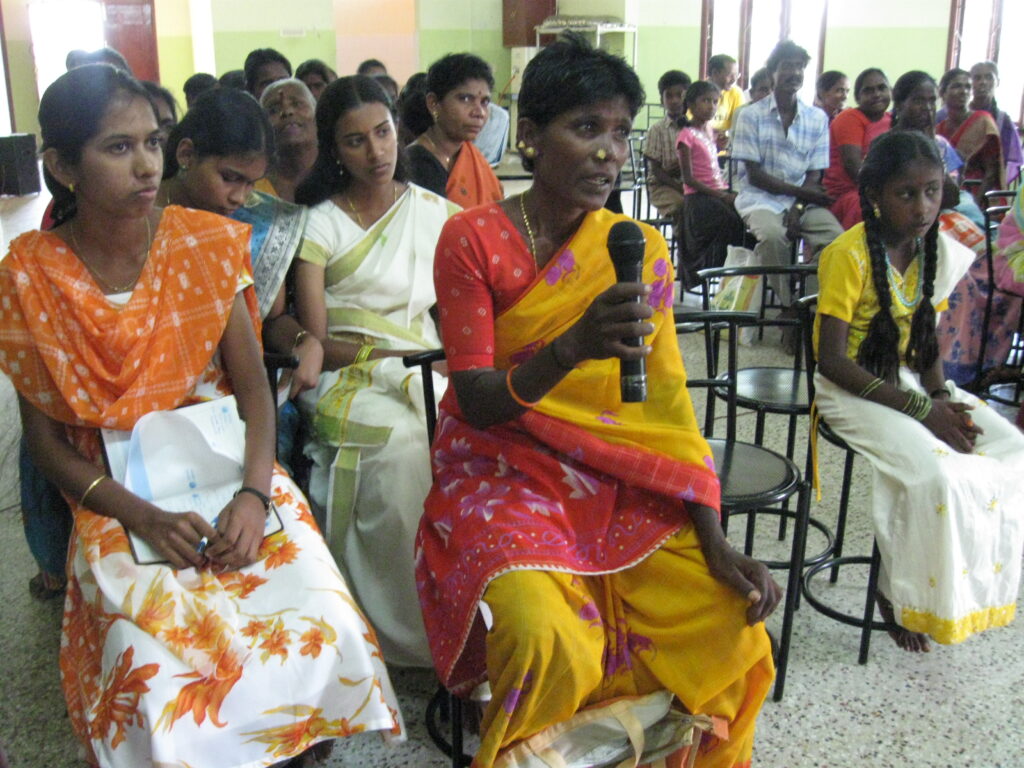
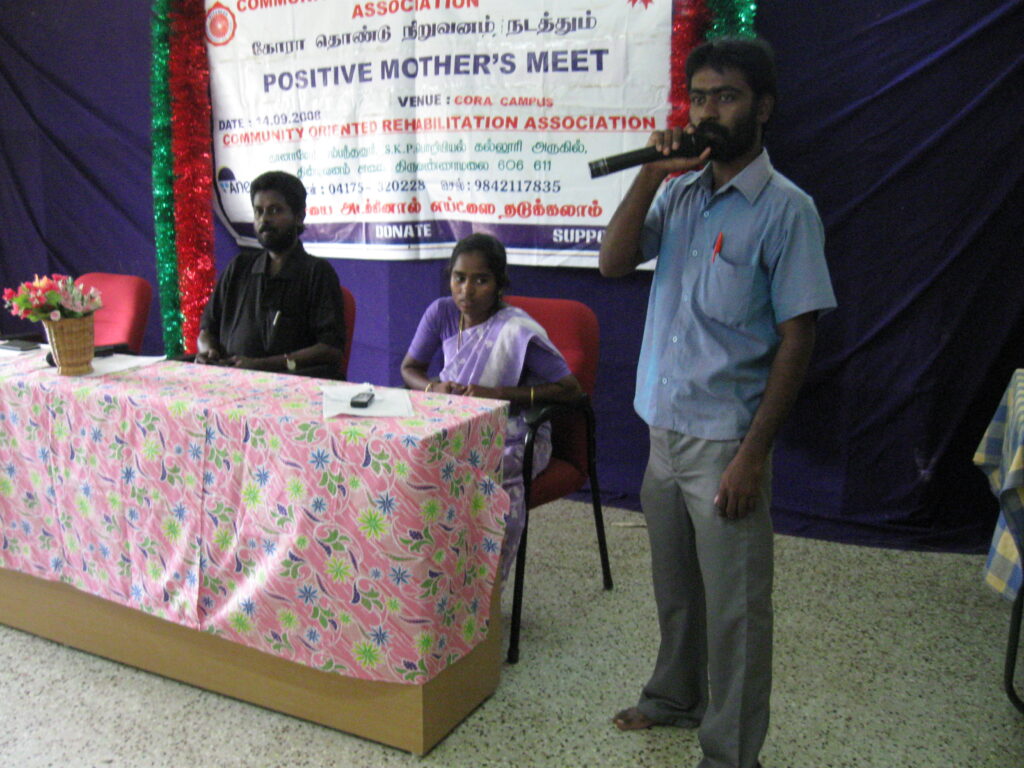
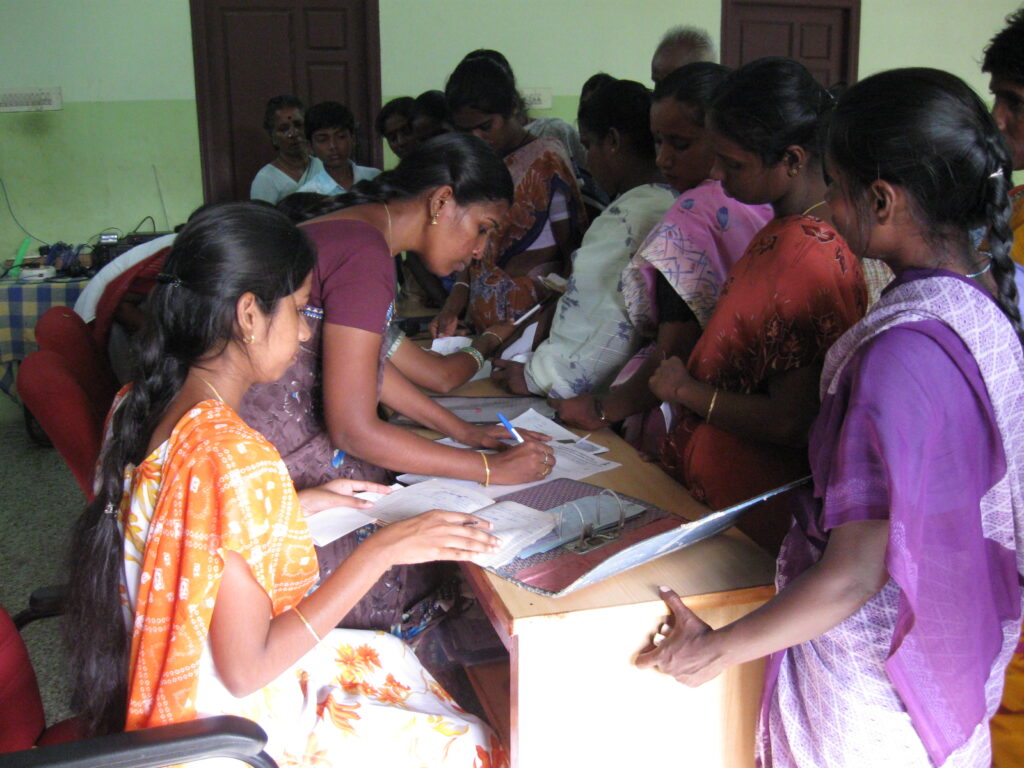
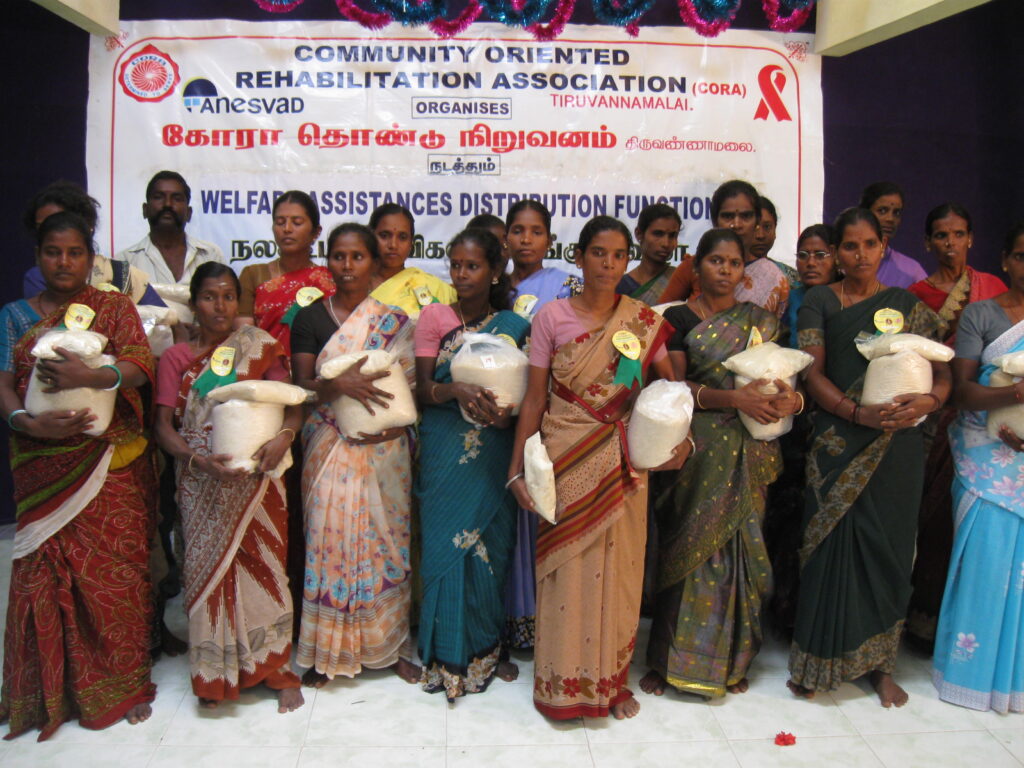
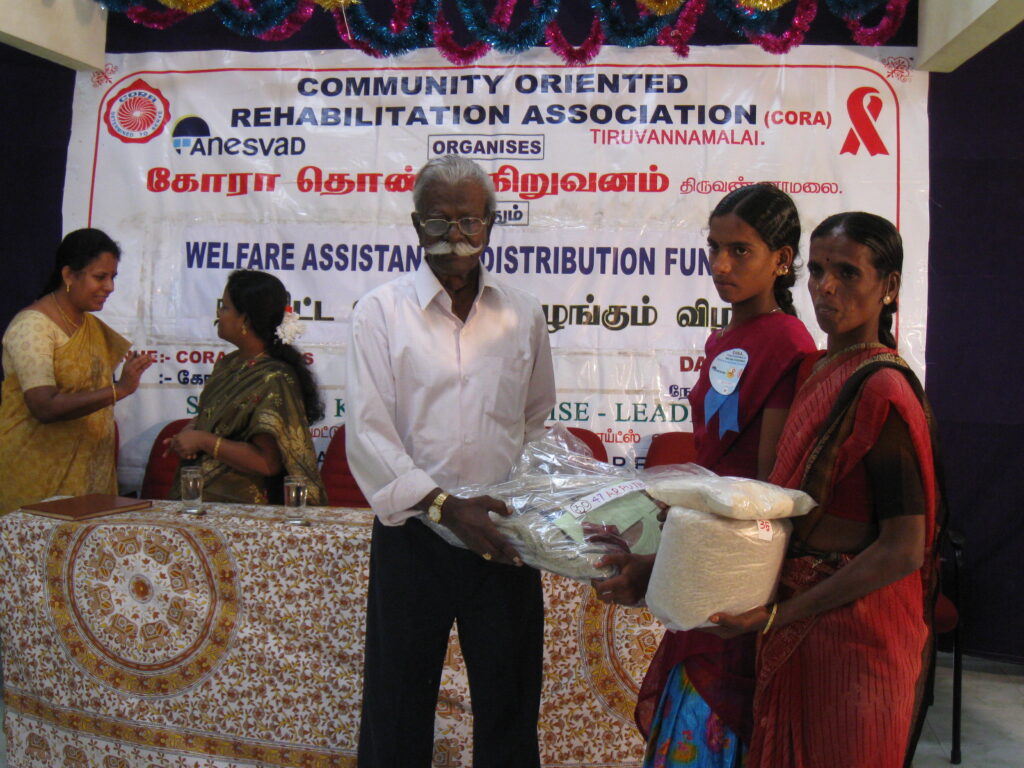
Since the programs started in 1997 through the HIV Intervention program many HIV Positive women were registered with this project at Tiruvannamalai and Tirunelveli. Currently there are 120 women who are HIV positive in the project. About 98 women who were HIV positive expired in between 1997 – 2001. During this period there was no anti- retroviral therapy available and even at private hospitals and the cost per month was more than INR 25,000.
Since 1997 CORA is providing support for treatment of Opportunistic infection of the patients and also meets out the incidental expenses incurred by a patient to obtain the ART Treatment or for Siddha treatment at the Government Hospital at Tambaram Chennai. Those HIV Positives who are bedridden are provided livelihood support such as providing complete dry ration for an interim period of six months for survival. Hence by providing continuous medical support and interim livelihood support ,the bedridden patient would regain health and would be able to go back to normal work within the six months period.
About 130 alive HIV positive women live in their villages after the death of their husbands either with their father and mother or live separately with their children. A few HIV Positive women are terminally ill and hospitalized.
